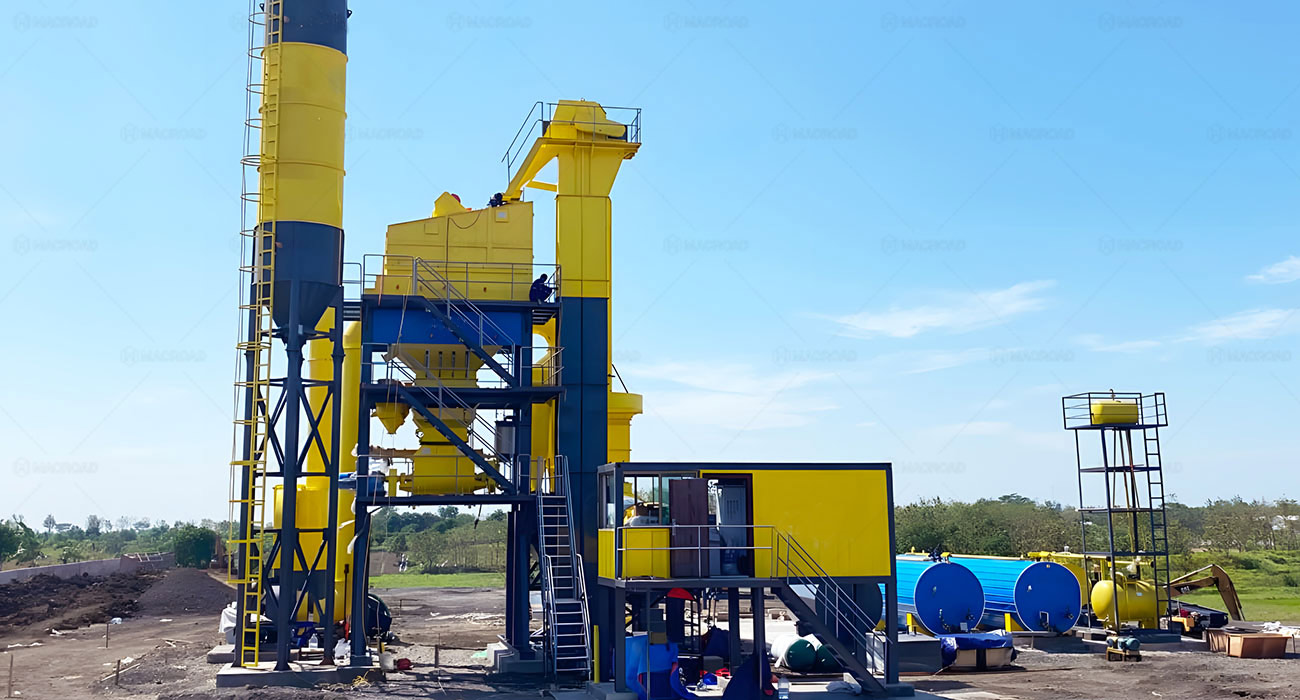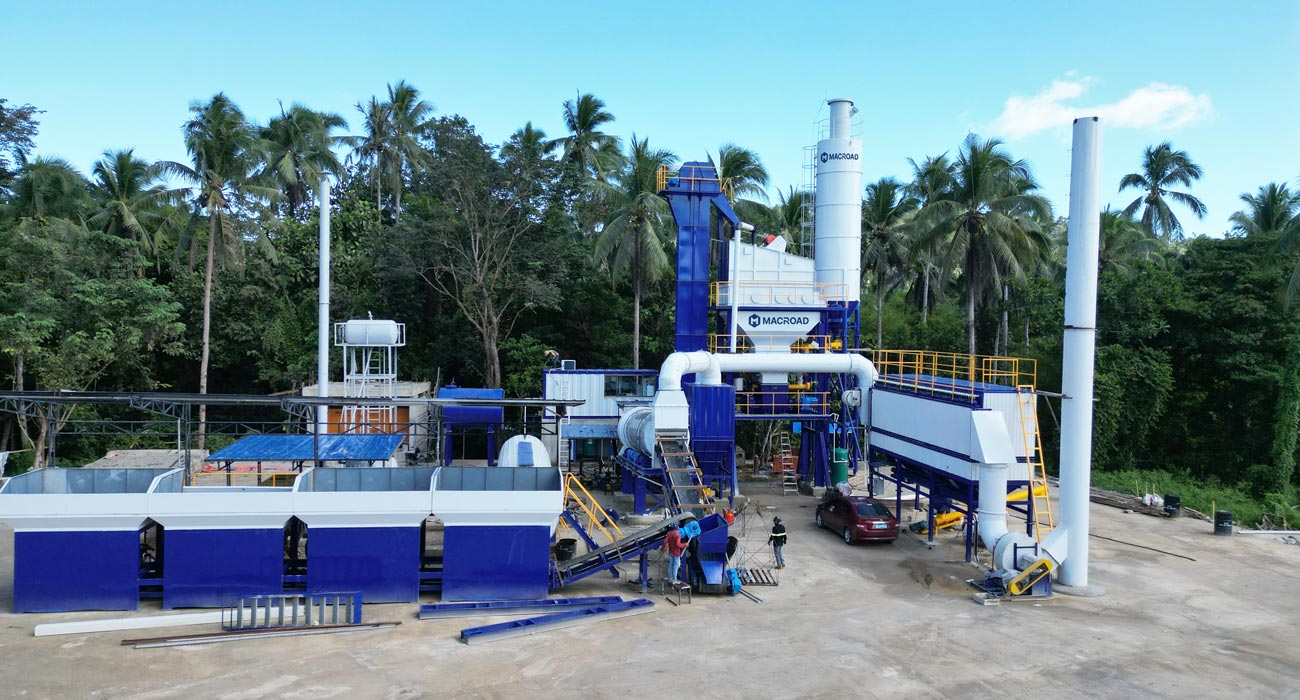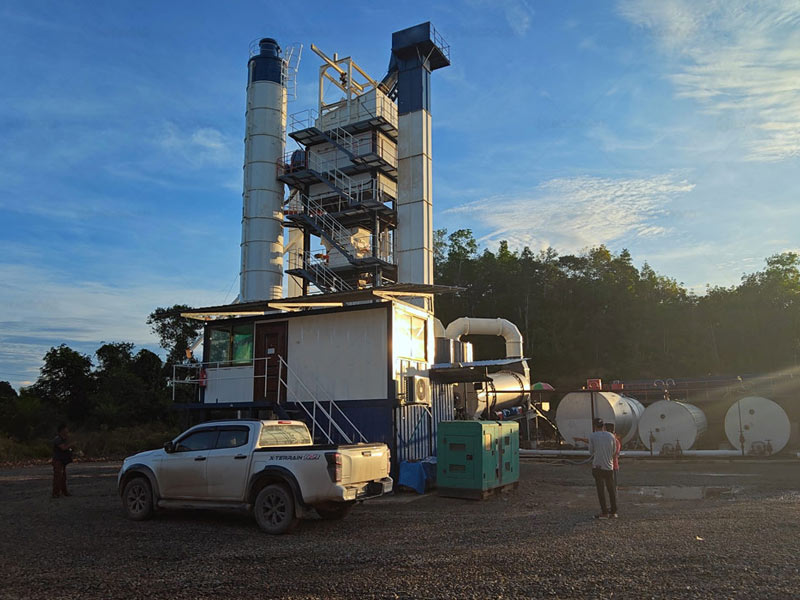The performance requirements for asphalt mixtures can vary significantly across different regions, influenced by factors such as climate, traffic conditions, and local regulations. Key properties like rutting resistance and low-temperature flexibility are essential for ensuring the longevity and performance of asphalt pavements. To meet these regional needs, adjustments in the asphalt batch mix plant process, including mixing temperature and modifier ratios, become necessary. This article examines how asphalt plant suppliers translate these requirements into equipment functionalities and the implications for asphalt batch plant prices.

Customizing Equipment for Regional Needs
Asphalt plant suppliers recognize that regional differences necessitate a tailored approach to equipment design. Customizable temperature control modules are one way suppliers address varying performance requirements. For instance, plants operating in hotter climates may require higher mixing temperatures to ensure proper blending of materials, while those in colder regions may need to lower temperatures to enhance low-temperature resistance.
Flexible additive metering systems are also crucial in adapting to local needs. These systems allow for precise adjustments in the ratios of modifiers and additives, which can significantly influence the asphalt’s performance characteristics. By enabling such customization, suppliers like Macroad help operators produce asphalt mixtures that meet specific regional standards, enhancing the overall quality and durability of the pavement.

Impact on Asphalt Batch Plant Price
The degree of customization directly affects the asphalt batch plant price. While standard equipment options may be more cost-effective, the added functionalities required to meet regional specifications often lead to higher initial investments. However, this investment can be justified by the long-term benefits, such as improved pavement performance and reduced maintenance costs.
Operators must weigh the upfront costs against the potential for enhanced performance. In many cases, the customized options lead to better material utilization and decreased wastage, ultimately offsetting the higher initial price of the asphalt batch mix plant. Suppliers like Macroad understand this dynamic and offer solutions that align with both budgetary constraints and quality requirements.

Adjusting Raw Material Processing Standards
In addition to customizing equipment, asphalt processing plants can also adjust raw material processing standards to meet specific batch plant process requirements. This capability is vital for producing different grades of asphalt that fulfill regional performance criteria. By aligning raw material specifications with the capabilities of the asphalt batch mix plant process, suppliers ensure a smooth synergy between materials and machinery.
This “raw material-equipment-process” synergy plays a pivotal role in improving the stability of mixture quality. When all elements are coordinated effectively, the likelihood of inconsistencies or defects in the final product is minimized. The supplier’s role in this process is crucial, as they must facilitate communication and understanding between the asphalt processing plant and the batch plant operators. This collaboration ensures that the final asphalt mixtures meet the desired performance standards while adhering to local regulations.
Conclusion
Regional differences in performance requirements for asphalt mixtures necessitate careful adjustments in the asphalt batch mix plant process. By customizing equipment functionalities, such as temperature control and additive metering, suppliers can address the unique needs of each region effectively. While this customization may impact asphalt batch plant prices, the long-term benefits often justify the investment. Furthermore, the ability to adjust raw material processing standards enhances the synergy between raw materials, equipment, and processes, leading to improved mixture quality and performance. Ultimately, the collaboration between asphalt processing plants and suppliers is vital in meeting the diverse demands of asphalt production, ensuring durable and high-quality pavements across various regions.